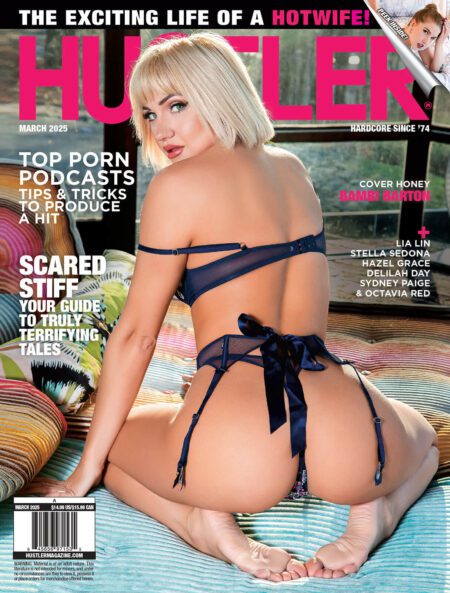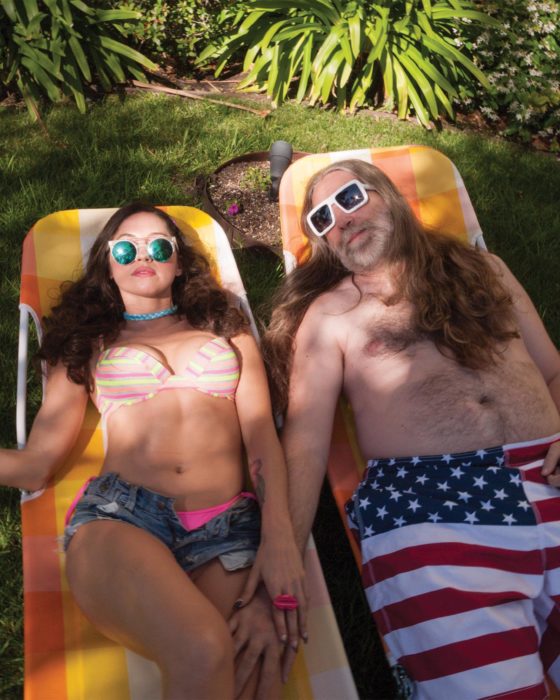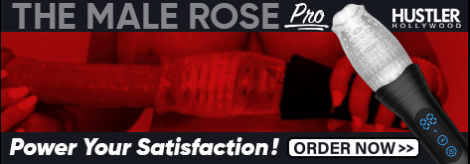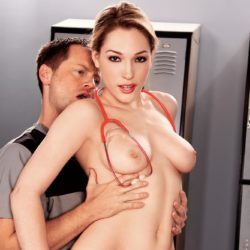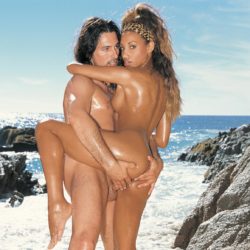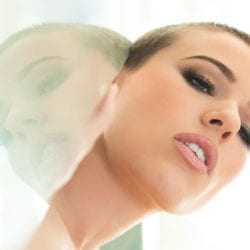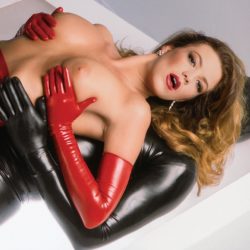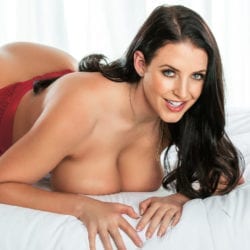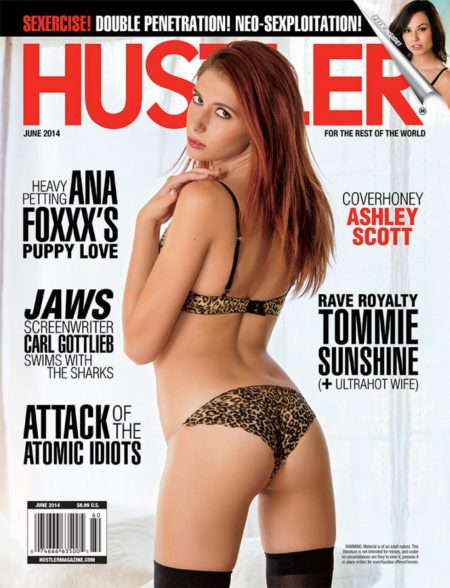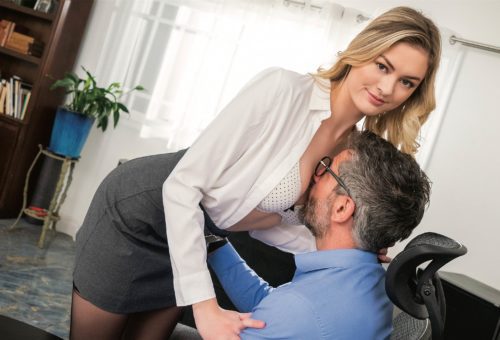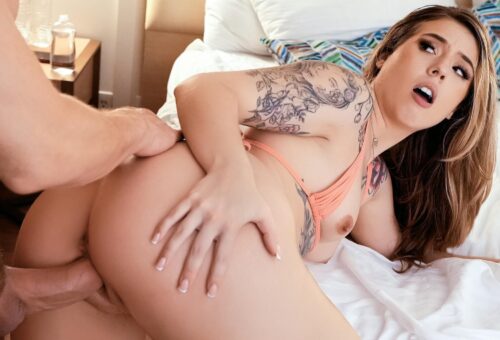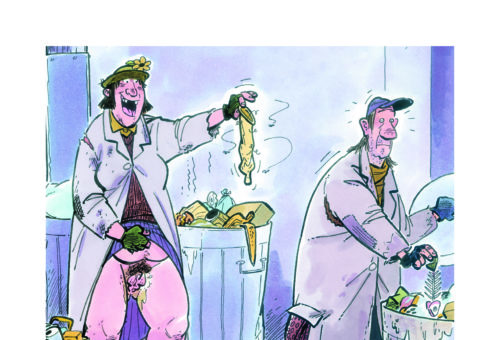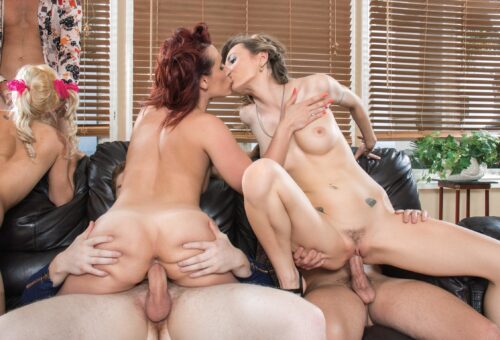HUSTLER: When did you become a part of the EDM scene?
TOMMIE SUNSHINE: I was very lucky to have been in Chicago, where I grew up in the suburbs, and was there for the absolute beginning of house music. I started going out when I was very young—that was like in ’86. I would have been 15 or 16, sneaking into clubs in the city. The first kind of scene that I saw was very black and very gay, which is how house music started. It was very decadent and very subversive. It was definitely a subculture. So I came into it at the most glorious time. I grew up reading all the beat literature and was a big fan of [writers] Ken Kesey and [Timothy] Leary and Hunter Thompson and just the best kind of people. I was alienated from everyone I knew. I found a real home in house music. It was really the first time I realized that there was a true psychedelic movement separate from the ’60s. As much as I’ve heard about what went on in that time, I’m positive that what I’ve lived through coming out of the ’80s and in the early ’90s was just as decadent if not more decadent—maybe not in a sexual sense. We were reckless. We were all the kids who ate lunch by ourselves. So when we all found each other, it was like, “Oh shit, let’s party. You’re a weirdo too? Great, let’s drop acid and freak out.”
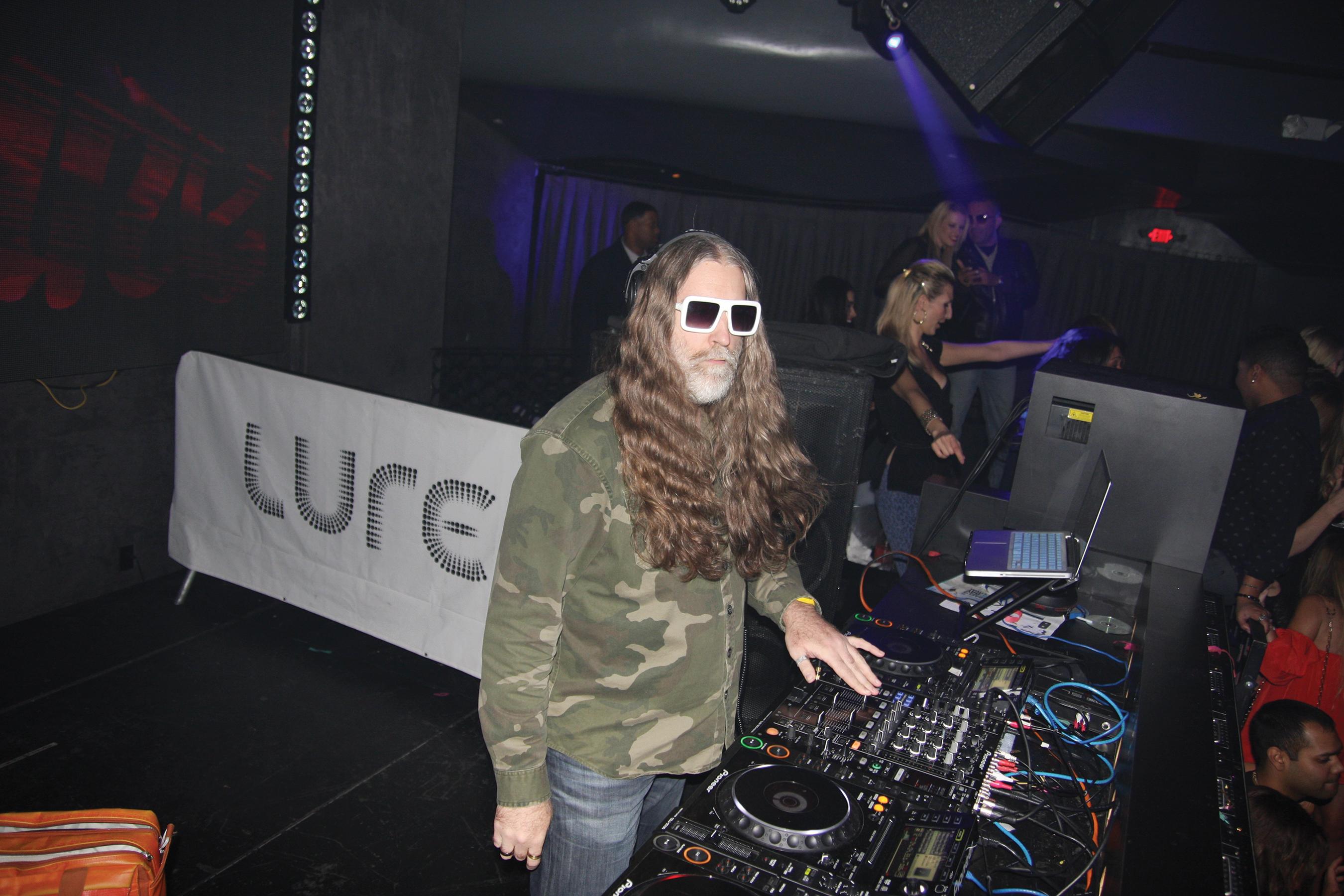
How did you start DJing?
I didn’t start DJing until six or seven years into going out. Basically, people in the scene in Chicago were like, “You’re omnipresent in this scenario. Instead of just being the guy on the dance floor every night into the morning, let’s just figure out a way so that you have a bigger place in this.” I was always on the dance floor when the sun came out. Always. Someone came up to me at some point—I’m sure I was on God knows how much acid— and they were like, “Good morning, Sunshine.” And I was like, “Sunshine. I kind of like the way that sounds.” It harkened like 100% back to Orange Sunshine LSD. That’s the rated-X version. I never tell that in interviews because no one will ever write that.
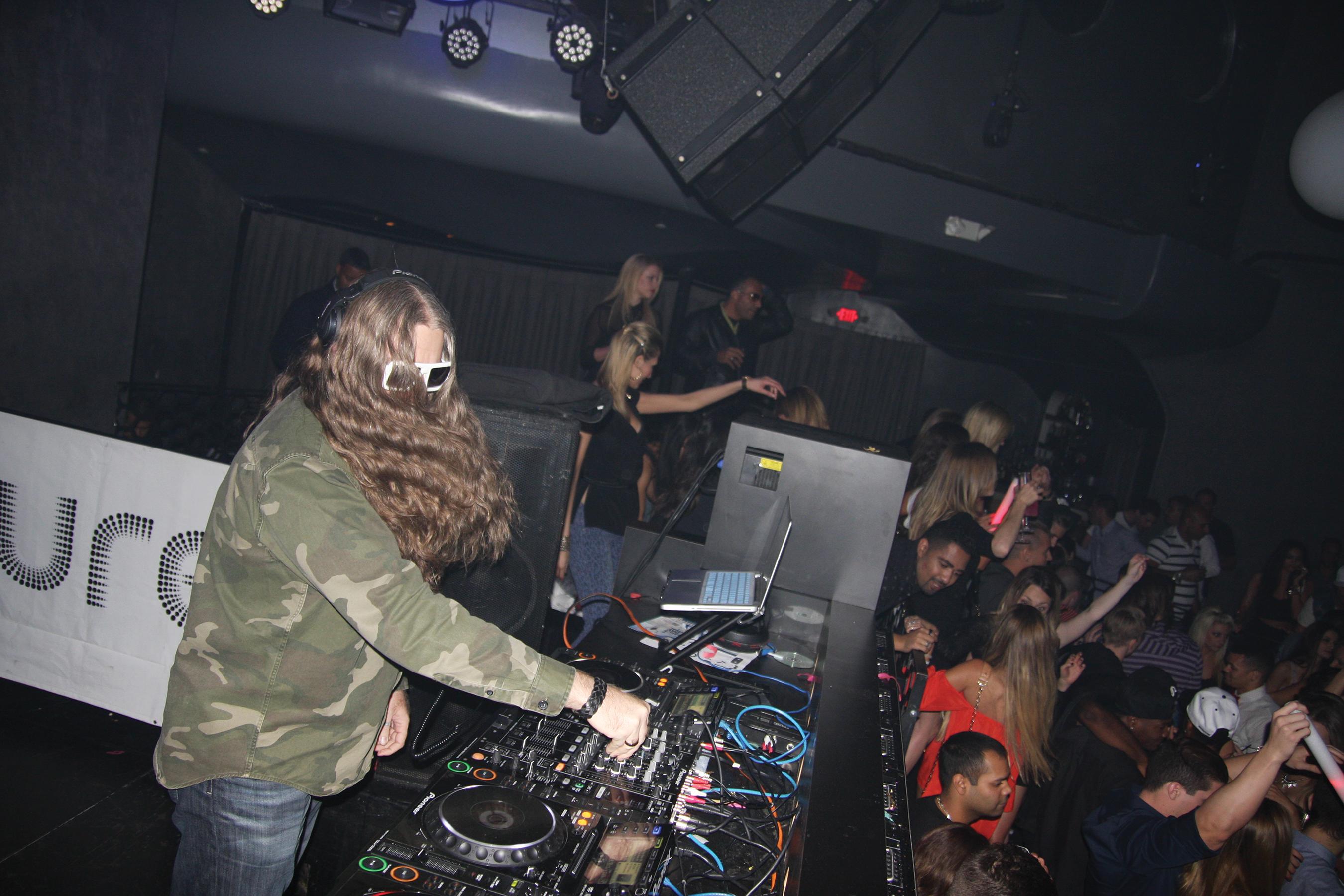
How would you describe rave culture?
There’s an acronym to how everybody operates: PLUR. Peace, Love, Unity and Respect. That goes back to the early ’90s. Kids give us these bracelets at parties and stuff. It takes hours to make them. They just want to be a part of something. These are kids who grew up with single parents and probably didn’t get a whole lot of attention. Some of them grew up with parents and like six brothers and sisters and never got any attention. So these are kids that are looking for a family. Think about it. If you’re 16 or 17 years old, you’ve grown up for half of your life shoved in front of a television, and the second half of your life you’ve had your head in a computer. So where’s the connection in all of that? Where’s the humanity? These kids come out to these parties, and all of a sudden there are people that want to talk to them. And they’re on ecstasy, so they want to touch them. Give them back rubs. It’s all about actually engaging each other.














